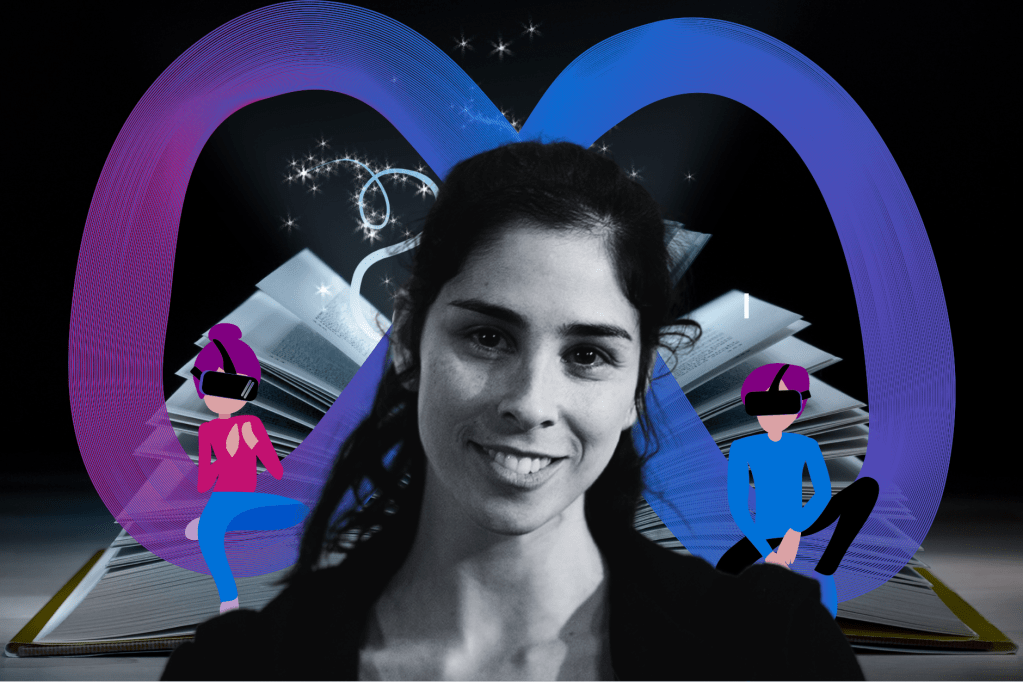In a recent development, a California federal judge has made a significant decision regarding the copyright lawsuit filed by comedian Sarah Silverman and other authors against Meta Platforms. The lawsuit revolves around Meta’s artificial-intelligence system, Llama, and its alleged infringement of their copyrights. US District Judge Vince Chhabria addressed the case during a hearing, indicating his intention to dismiss certain claims while allowing the authors to amend others.
Judge dismisses copyright text infringement claims against Meta
One of the primary issues at hand was whether the text generated by Llama infringed upon the copyrights of the authors. According to Reuters, Judge Chhabria stated that he would grant Meta’s motion to dismiss these specific allegations. However, he also expressed his willingness to give the authors the opportunity to amend most of their claims. Notably, Meta had not challenged the authors’ central claim that the company violated their rights by using their books as part of the data used to train Llama.

Read: More authors sue OpenAI and Meta over copyright due to training
“I understand your core theory,” Chhabria told attorneys for the authors. “Your remaining theories of liability I don’t understand even a little bit.” This comment reflects the complexity of the case, as it delves into the uncharted territory of AI and copyright law.
This lawsuit is part of a broader trend in which copyright owners are taking tech companies to court over their generative AI systems. At the heart of these cases is the contentious question of whether the unauthorised use of copyrighted works for training AI is legally permissible.
The authors’ initial lawsuit targeted both Meta and Microsoft-backed OpenAI, alleging that these companies had infringed their copyrights by utilising their books to train AI language models. Additionally, the authors claimed that the models’ output also violated their copyrights.
Read: Supergroup of authors including George R.R. Martin sue OpenAI
However, during the hearing, Judge Chhabria raised doubts about the authors’ second claim, questioning whether the text generated by Llama truly copied or resembled their works. He stated, “When I make a query of Llama, I’m not asking for a copy of Silverman’s book – I’m not even asking for an excerpt.”
Furthermore, the authors argued that Llama itself constituted an infringing work. Judge Chhabria responded by saying that this theory “would have to mean that if you put the Llama language model next to Silverman’s book, you would say they’re similar.” He expressed his difficulty in comprehending this notion, remarking, “That makes my head explode when I try to understand that.”
Authors granted opportunity to amend copyright lawsuit
In light of these considerations, Judge Chhabria announced his decision to dismiss most of the claims while allowing the authors the opportunity to amend them. He also made it clear that he would dismiss these claims again if the authors could not effectively argue that Llama’s output was substantially similar to their works.
OpenAI, which is also named in the lawsuit, separately requested the court to trim the authors’ claims against it in August. This motion is scheduled to be argued next month, adding another layer of complexity to the ongoing legal battle.
It’s worth noting that another federal judge in California recently rejected similar claims brought by visual artists against other tech companies, citing that their generative AI output was likely dissimilar enough to the artists’ work to avoid copyright infringement. As the case against Meta Platforms Inc. unfolds, it will undoubtedly continue to draw attention and shape the evolving landscape of AI and copyright law.
[…] Read: US judge dismisses parts of AI copyright lawsuit against Meta […]
[…] Read: US judge dismisses parts of AI copyright lawsuit against Meta […]
[…] also comes as Meta is facing several copyright-related lawsuits for allegedly training their AI algorithms using books without […]
[…] dismissed most of the copyright infringement lawsuit filed by prominent authors including Sarah Silverman, Paul Tremblay, and Ta-Nehisi Coates against OpenAI, the artificial intelligence company led by Sam […]
[…] dismissed most of the copyright infringement lawsuit filed by prominent authors including Sarah Silverman, Paul Tremblay, and Ta-Nehisi Coates against OpenAI, the artificial intelligence company led by Sam […]
[…] authors including Sarah Silverman, Paul Tremblay, and Ta-Nehisi Coates against OpenAI. While Silverman’s case against Meta was also partially rejected by a California federal judge in November. Both judges expressed […]